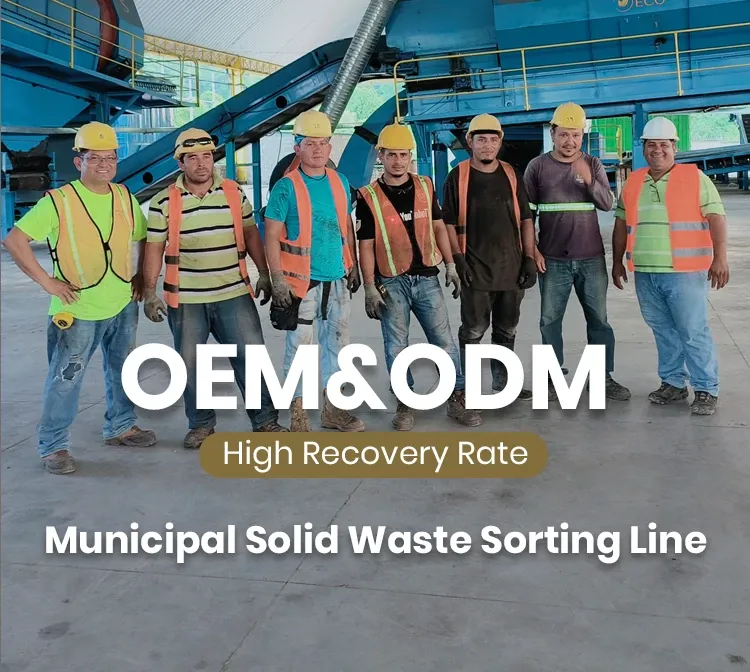

Oct . 11, 2024 23:13 Back to list
How Do You Dispose of Old Televisions?
In an age dominated by rapid technological advancements, our old gadgets often end up in the corner of a room gathering dust. Among these, old televisions pose a unique challenge when it comes to disposal. A television is not just a source of entertainment; it contains various materials that can be harmful to the environment if not disposed of correctly. Therefore, understanding how to dispose of old televisions responsibly is crucial for both individual consumers and the broader ecosystem.
1. Understanding the Components
Before disposing of an old television, it's important to recognize its components. Televisions contain various materials, including glass, plastic, and metals like lead and mercury. These materials can be harmful if they end up in landfills, where they can leach into the soil and groundwater. Moreover, certain parts of the television, like the CRT (Cathode Ray Tube) found in older models, contain hazardous materials that require specific handling.
2. Explore Recycling Options
One of the most effective ways to dispose of old televisions is through recycling. Many communities offer e-waste recycling programs that accept televisions and other electronic devices. Recycling not only prevents harmful materials from entering landfills but also allows valuable resources to be recovered and reused. You can typically find local recycling centers by visiting your city's waste management website or by searching online for electronic recycling programs in your area.
In addition to municipal recycling options, some large retailers and electronic stores also offer recycling programs. For instance, companies like Best Buy and Staples have dedicated programs where you can drop off old electronics, including televisions. It’s always a good idea to call ahead to ensure they are currently accepting televisions, as policies can change.
3. Manufacturer Take-Back Programs
Many television manufacturers have established take-back programs to facilitate the recycling of their products. Brands like Samsung, LG, and Sony often provide services for customers to return their old TVs for recycling. You can check the manufacturer's website to see if a take-back program exists and what the specific procedures are. This not only ensures proper disposal but also helps promote a circular economy where materials are reused rather than discarded.

If your old television is still functional, consider donating it. Numerous charities and organizations accept working televisions, especially those that help families in need. Local schools, churches, or community centers may also appreciate a donation. Be sure to check with the organization beforehand, as some may have restrictions or requirements regarding the type of electronics they accept.
5. Disposal Through Hazardous Waste Programs
For TVs that can’t be recycled or donated, you may need to look into hazardous waste disposal options. Many local governments host hazardous waste collection events where residents can safely dispose of toxic electronics. You can find more information on these events by contacting your local waste management authority or doing an online search.
6. Avoiding Illegal Dumping
It's essential to avoid illegal dumping of electronic waste. Disposing of your old TV in an improper manner can lead to fines and contribute to environmental degradation. Ensure that you follow all local regulations regarding e-waste disposal.
Conclusion
Disposing of old televisions is a task that requires careful consideration and adherence to local regulations. By utilizing recycling programs, donation opportunities, and proper disposal methods, we can contribute to a healthier environment and ensure that hazardous materials do not pose a risk to our communities. Remember, the choices we make regarding electronic waste today will have lasting impacts on our ecosystem for generations to come. So, the next time you're faced with an old television, take a moment to think about responsible disposal methods, and act accordingly. It’s a small effort that makes a big difference!
Latest news
Troubleshooting Common Eddy Separator Problems
NewsJul.04,2025
The Role of Metal Recycling Plants in Circular Economy
NewsJul.04,2025
The Impact of Recycling Line Pickers on Waste Management Costs
NewsJul.04,2025
Safety Features Every Metal Shredder Should Have
NewsJul.04,2025
How Industrial Shredders Improve Waste Management Systems
NewsJul.04,2025
How Cable Granulators Contribute to Sustainable Recycling
NewsJul.04,2025